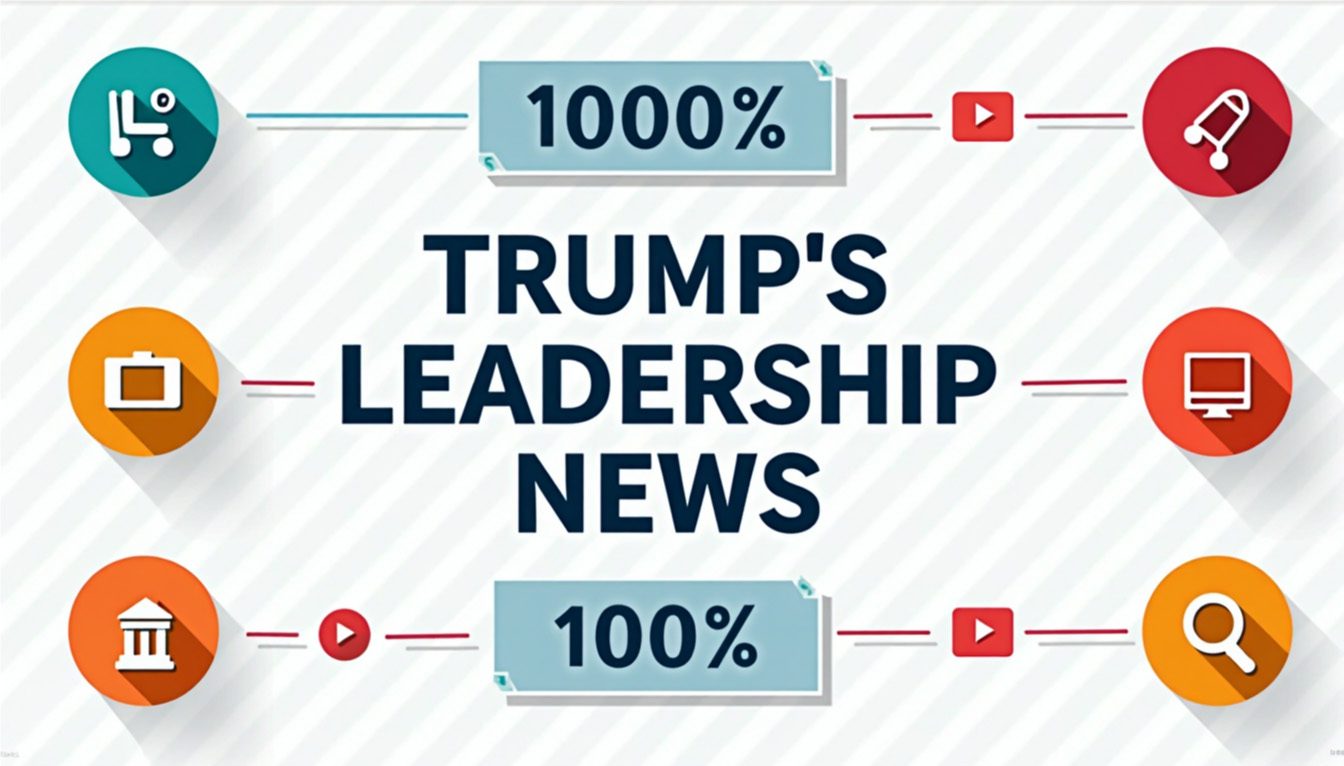
AI News Roundup: April 23, 2025
Welcome to today’s AI News Roundup, where we dive into the latest developments in artificial intelligence. We spotlight advancements from industry leaders like OpenAI, Google, xAI, and more. Here are 10 current event stories from April 23, 2025, showcasing the rapid evolution of AI technologies.
1. xAI’s Grok Gains Vision and Multilingual Capabilities
xAI announced new vision and multilingual speech features for its Grok chatbot. These features enable it to process real-time visual inputs via smartphone cameras and respond in multiple languages. The Grok Vision feature allows users to ask questions about objects, signs, or documents. This aligns it closely with competitors like OpenAI’s ChatGPT and Google’s Gemini, which offer similar real-time image analysis. xAI emphasized Grok’s “transparent” memory feature, allowing users to see and control what the AI remembers. This sets it apart from rivals. A “forget” button for Android users is also in the works to exclude specific chats from memory.
2. OpenAI Eyes Google Chrome Acquisition Amid Antitrust Trial
In a surprising revelation at Google’s antitrust trial, an OpenAI executive testified that the company would be interested in acquiring Google’s Chrome browser. This would happen if antitrust enforcers force Alphabet to sell it. This statement came as OpenAI’s head of product, Nick Turley, noted Google had previously rejected a proposal to integrate its search technology into ChatGPT. The testimony underscores OpenAI’s ambition to expand its ecosystem and challenge Google’s dominance in search and browsing.
3. Google’s Gemini Lags Behind ChatGPT in User Engagement
Court data revealed at Google’s antitrust trial showed Gemini’s daily active users (DAUs) at 35 million and monthly active users (MAUs) at 350 million as of last month. These numbers significantly trail ChatGPT’s 160 million DAUs and 600 million MAUs. This gap highlights Google’s struggle to close the competitive distance with OpenAI. It has prompted internal restructuring, including the replacement of Gemini’s head, Sissie Hsiao, with Josh Woodward.
4. OpenAI’s GPT-4.1 Raises Alignment Concerns
Tests suggest OpenAI’s newly released GPT-4.1 model may be less aligned with ethical and safety guidelines compared to its predecessors. This sparked debate about trade-offs in pursuit of performance. OpenAI is actively working to refine alignment in its upcoming models. They aim to maintain their lead in the consumer chatbot market while addressing safety concerns.

5. Microsoft Unveils AI Agents to Rival Google’s Enterprise Dominance
Microsoft debuted AI agents designed to streamline workplace tasks. This directly challenges Google’s enterprise AI offerings. These agents leverage Microsoft’s Azure platform to automate workflows, positioning the company as a strong contender in the business AI market. This move comes as Microsoft aims to capitalise on its cloud infrastructure to outpace Google and Amazon in AI-driven enterprise solutions.
6. OpenAI Upgrades Image Generator for Developers
OpenAI announced that its enhanced image generation tool, built on DALL·E technology, is now available to developers via its API. This upgrade allows for more sophisticated AI-generated visuals, catering to applications in gaming, design, and content creation. The move strengthens OpenAI’s position against competitors like Midjourney and Stability AI in the generative AI space.

7. xAI’s Grok Studio Gains Traction with Split-Screen Collaboration
xAI’s recently launched Grok Studio, a canvas-style interface for coding and document collaboration, is gaining attention. It is known for its Google Drive integration and free access for both premium and free users. Positioned as a rival to OpenAI’s ChatGPT Canvas and Anthropic’s Claude Artifacts, Grok Studio aims to enhance productivity for developers and writers.
8. Former OpenAI Staff Warn of Nonprofit Mission Drift
Ex-OpenAI employees raised concerns with the Attorney General. They warned that the company’s shift toward a for-profit model could undermine its original nonprofit mission to advance AI research responsibly. This critique highlights ongoing tensions within the AI industry about balancing innovation with ethical commitments.
9. Alibaba’s Qwen2 Model Boosts Cost-Efficient AI Agents
Alibaba’s Qwen2 model is making waves by enabling cost-efficient AI agents, particularly for enterprise applications. Posts on X noted its role in optimising data centre operations alongside Broadcom’s AI chips. This positions Alibaba as a key player in the global AI race, especially in Asia.
10. Ethical Debates Surround OpenAI-Anduril Defense Partnership
OpenAI’s collaboration with Anduril, a defence technology company, has sparked ethical debates about AI’s role in military applications. Posts on X highlighted concerns about autonomous AI systems in defence. Critics are questioning the implications of OpenAI’s pivot toward defence contracts, a departure from its earlier focus on civilian applications.
Closing Thoughts
Today’s AI landscape is marked by fierce competition and rapid innovation. xAI’s Grok is catching up with vision and memory enhancements, while OpenAI continues to push boundaries with image generation and potential Chrome acquisition ambitions. Google’s Gemini struggles to keep pace. Meanwhile, Microsoft is making bold moves in enterprise AI. Ethical and alignment concerns underscore the need for responsible AI development. Stay tuned for more updates as the AI race heats up!
Note: This roundup reflects the latest available information as of April 23, 2025 and was generated by X.com’s Grok. For pricing details on subscription plans like SuperGrok or x.com premium, visit x.ai/grok or help.x.com/en/using-x/x-premium. For xAI’s API services, check x.ai/api.

